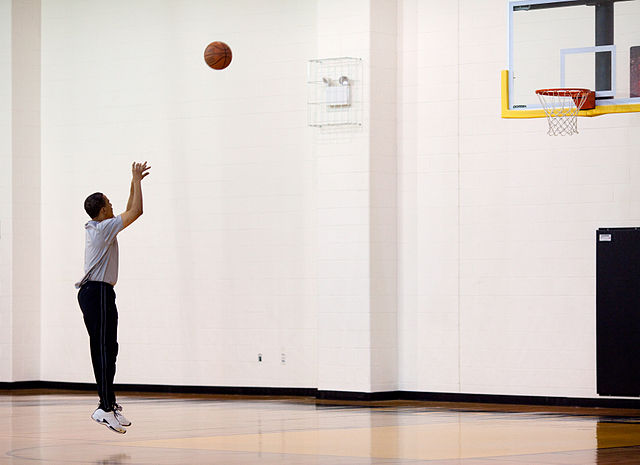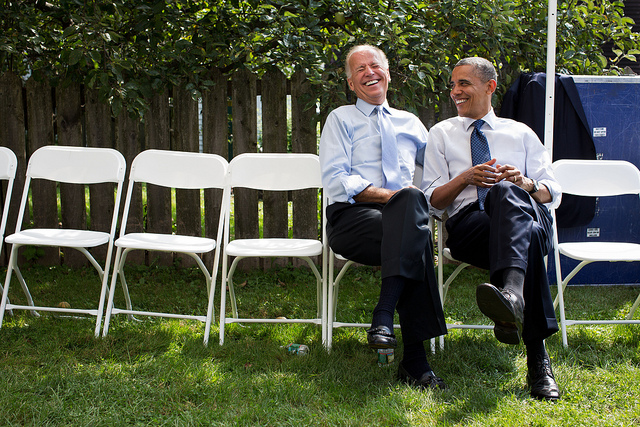Amandla Awethu: Obama speaks in South Africa
President Obama visited South Africa at a time when the nation is consumed with concern for the ailing health of Nelson Mandela. During their stay in South Africa, Obama and his family visited the Robben Island prison in which Mandela spent 18 years, and the stone quarry where he and his fellow prisoners were forced to work. Obama met privately with Mandela’s family to offer his support at this difficult time and observed that Mandela and South Africa’s transition to democracy is a ‘personal inspiration’. In a meeting with young African leaders in Soweto, Obama was keen to spread his ‘yes, we can’ message to Africa’s next generation of leaders and to encourage them to take inspiration from Mandela’s and Desmond Tutu’s moral courage.
On Sunday 30 June, at the University of Cape Town, Obama gave the keynote speech of his three-nation Africa tour. This speech, delivered in the continent’s largest economy, was to the whole African continent. He explained that his passion for politics was sparked by the anti-apartheid struggle in South Africa. The venue of the speech was significant.I In 1966 at the University of Cape Town, Bobby Kennedy had delivered his ‘Ripple of Hope’ speech, in which he said:
Each time a man stands up for an ideal, or acts to improve the lot of others, or strikes out against injustice, he sends forth a tiny ripple of hope… those ripples build a current which can sweep down the mightiest walls of oppression and resistance.




